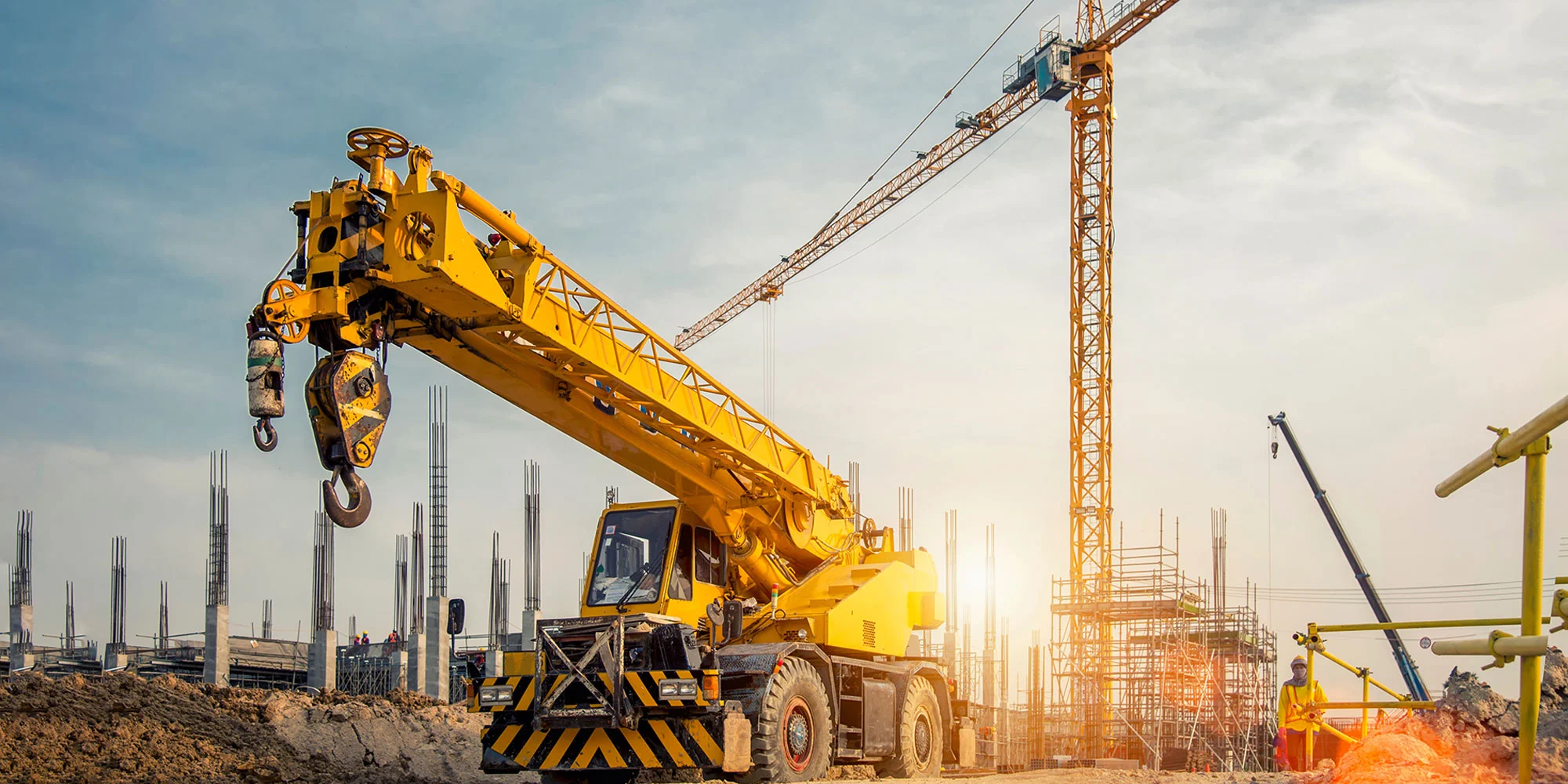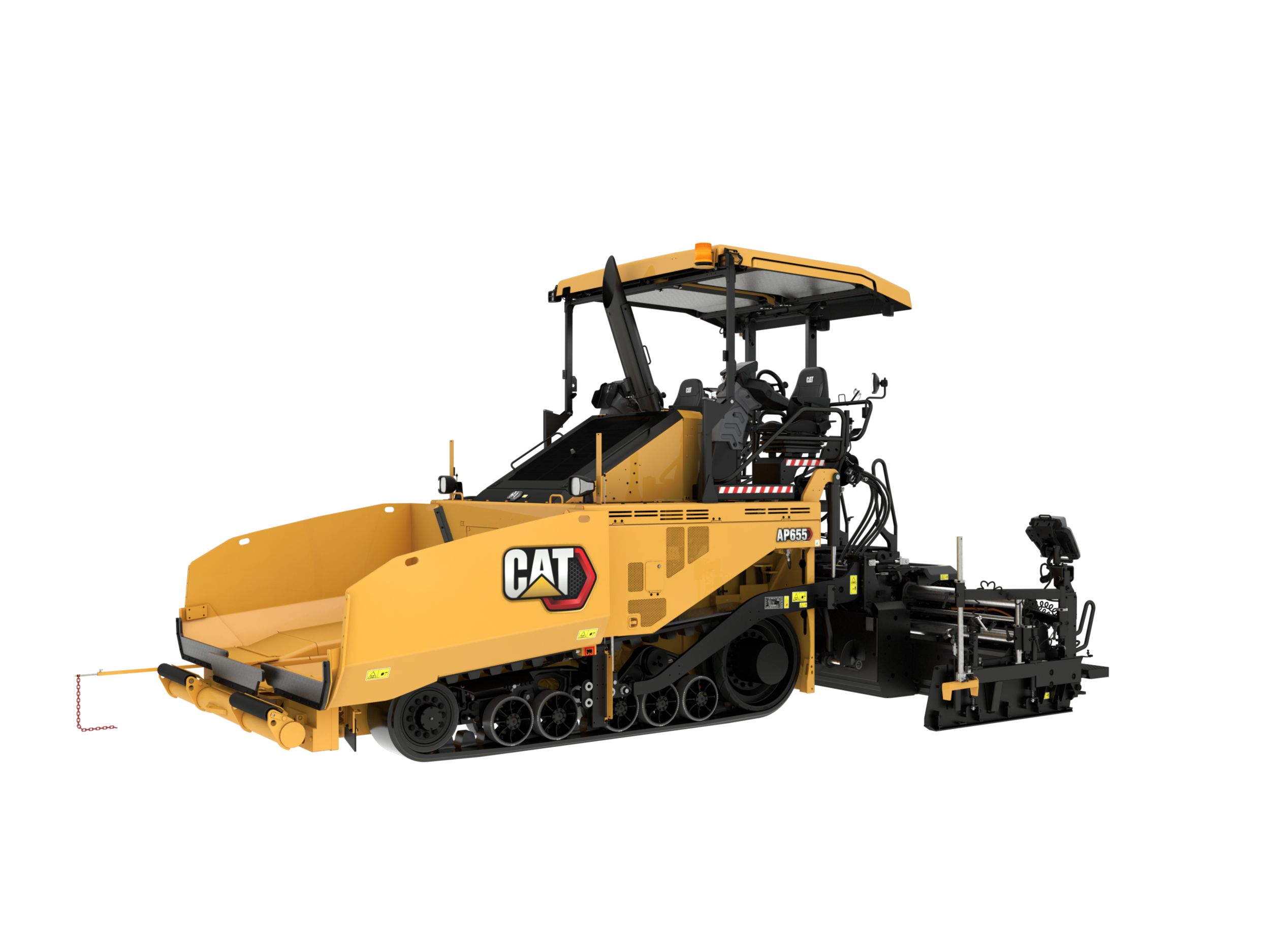Mini Excavator Rental in Tuscaloosa, AL: Compact and Powerful Equipment for Tiny Jobs
Mini Excavator Rental in Tuscaloosa, AL: Compact and Powerful Equipment for Tiny Jobs
Blog Article
Checking Out the Financial Conveniences of Renting Construction Tools Compared to Possessing It Long-Term
The decision between leasing and owning building devices is critical for monetary management in the market. Renting deals instant price savings and operational flexibility, enabling firms to allot resources extra effectively. Recognizing these nuances is important, particularly when thinking about exactly how they straighten with details job demands and economic methods.

Cost Comparison: Leasing Vs. Owning
When evaluating the economic implications of having versus renting out construction devices, a detailed price comparison is important for making informed choices. The selection in between renting out and having can dramatically influence a company's lower line, and understanding the associated expenses is critical.
Renting construction tools generally involves reduced ahead of time costs, enabling organizations to assign funding to other operational demands. Rental contracts frequently consist of versatile terms, allowing companies to access progressed machinery without lasting commitments. This versatility can be particularly helpful for temporary tasks or changing workloads. Nevertheless, rental costs can collect over time, possibly exceeding the cost of possession if tools is required for an extensive period.
Conversely, owning building and construction devices calls for a substantial initial financial investment, in addition to ongoing prices such as funding, insurance policy, and depreciation. While possession can cause long-lasting financial savings, it additionally binds resources and may not supply the same level of flexibility as leasing. Additionally, owning devices requires a commitment to its utilization, which may not always align with task demands.
Ultimately, the choice to have or lease must be based on an extensive analysis of specific project requirements, economic capability, and long-term strategic goals.

Maintenance Expenses and Obligations
The option between renting and having building and construction tools not just entails economic factors to consider but also encompasses continuous upkeep expenditures and responsibilities. Owning devices calls for a substantial dedication to its upkeep, which includes routine inspections, repairs, and possible upgrades. These duties can promptly collect, bring about unforeseen costs that can stress a budget.
On the other hand, when renting out equipment, upkeep is generally the obligation of the rental business. This setup permits service providers to stay clear of the financial burden connected with wear and tear, as well as the logistical difficulties of scheduling repair work. Rental agreements frequently include stipulations for upkeep, indicating that contractors can concentrate on completing projects instead than bothering with devices condition.
Moreover, the varied array of equipment readily available for lease enables firms to select the most recent designs with innovative modern technology, which can boost performance and efficiency - scissor lift rental in Tuscaloosa, AL. By selecting rentals, services can avoid the lasting obligation of devices devaluation and the connected upkeep migraines. Ultimately, assessing maintenance expenditures and obligations is essential for making a notified choice concerning whether to rent out or have building and construction tools, substantially influencing overall job prices and operational effectiveness

Devaluation Effect On Possession

A considerable variable to think about in the decision to possess construction tools is the impact of Home Page devaluation on total ownership costs. Devaluation stands for the decline in value of the equipment over time, affected by factors such as usage, damage, and innovations in modern technology. As equipment ages, its market value decreases, which can considerably affect the proprietor's monetary placement when it comes time to sell or trade the tools.
For building and construction business, this devaluation can convert to significant losses if the tools is not utilized to its greatest possibility or if it lapses. Owners need to account for depreciation in their financial forecasts, which can result in higher total costs compared to renting out. In addition, the tax effects of depreciation can be complicated; while it may give some tax advantages, these are often offset by the truth of decreased resale value.
Eventually, the worry of devaluation highlights the relevance of understanding the long-lasting monetary dedication entailed in having building devices. Business must very carefully review exactly Continued how typically they will certainly make use of the devices and the prospective monetary impact of devaluation to make an informed choice concerning ownership versus leasing.
Financial Flexibility of Renting
Renting out building and construction devices uses considerable monetary versatility, permitting companies to assign sources much more effectively. This versatility is specifically important in an industry characterized by changing task demands and differing workloads. By deciding to rent out, businesses can avoid the significant resources expense needed for buying devices, preserving money flow for other operational demands.
In addition, renting tools enables companies to tailor their equipment options to certain job demands without the lasting commitment connected with ownership. This indicates that companies can easily scale their devices stock up or down based upon anticipated and current task requirements. Subsequently, this versatility decreases the risk of over-investment in equipment that may become underutilized or outdated over time.
An additional monetary benefit of renting out is the possibility for tax advantages. Rental payments are commonly considered general expenses, enabling immediate tax obligation deductions, unlike devaluation on owned tools, which is topped numerous years. scissor lift rental in Tuscaloosa, AL. This instant expenditure recognition can even more enhance a firm's cash money setting
Long-Term Project Considerations
When examining the long-lasting needs of a building service, the decision in between renting and owning tools becomes more intricate. Secret aspects to think about include task period, frequency of usage, and the nature of upcoming tasks. For tasks with prolonged timelines, buying equipment may seem advantageous due to the capacity for lower general costs. Nevertheless, if the tools will certainly not be used constantly across projects, possessing might lead to underutilization and unneeded expenditure on insurance, storage, and maintenance.
The construction sector is progressing types of lifting equipment in construction swiftly, with new devices offering enhanced performance and security functions. This flexibility is especially helpful for services that take care of varied tasks calling for various types of tools.
Moreover, monetary security plays an important role. Possessing tools typically entails significant capital expense and devaluation issues, while renting enables more predictable budgeting and cash circulation. Ultimately, the selection in between having and leasing should be aligned with the tactical goals of the building and construction service, considering both awaited and existing task demands.
Verdict
In final thought, leasing construction devices provides significant economic advantages over long-term possession. Inevitably, the choice to lease instead than very own aligns with the vibrant nature of construction tasks, enabling for adaptability and accessibility to the most recent tools without the monetary worries connected with possession.
As tools ages, its market worth reduces, which can significantly influence the proprietor's financial setting when it comes time to sell or trade the tools.
Renting out construction devices uses significant financial adaptability, allowing business to allocate resources much more efficiently.In addition, renting out equipment makes it possible for companies to tailor their tools selections to certain task demands without the long-term dedication connected with ownership.In conclusion, renting building devices offers considerable monetary advantages over long-lasting ownership. Inevitably, the choice to lease instead than very own aligns with the vibrant nature of construction tasks, permitting for versatility and access to the most current equipment without the financial burdens connected with ownership.
Report this page